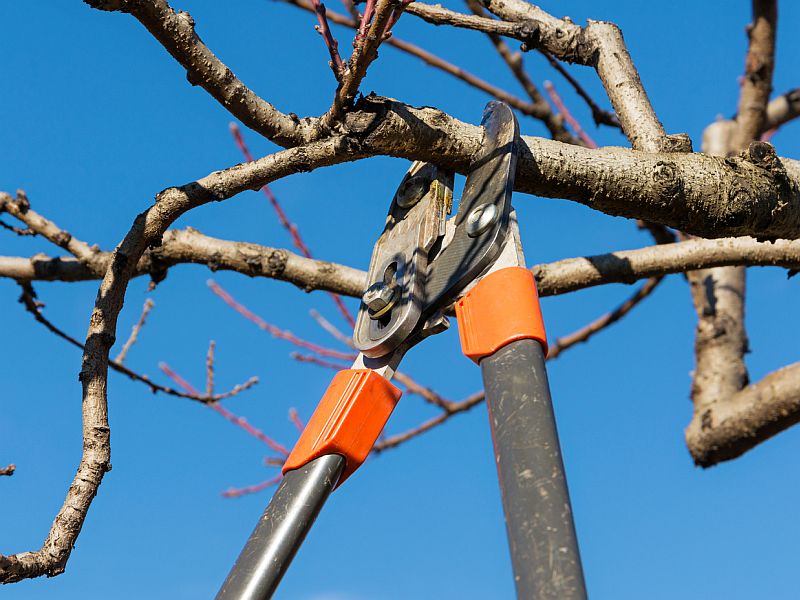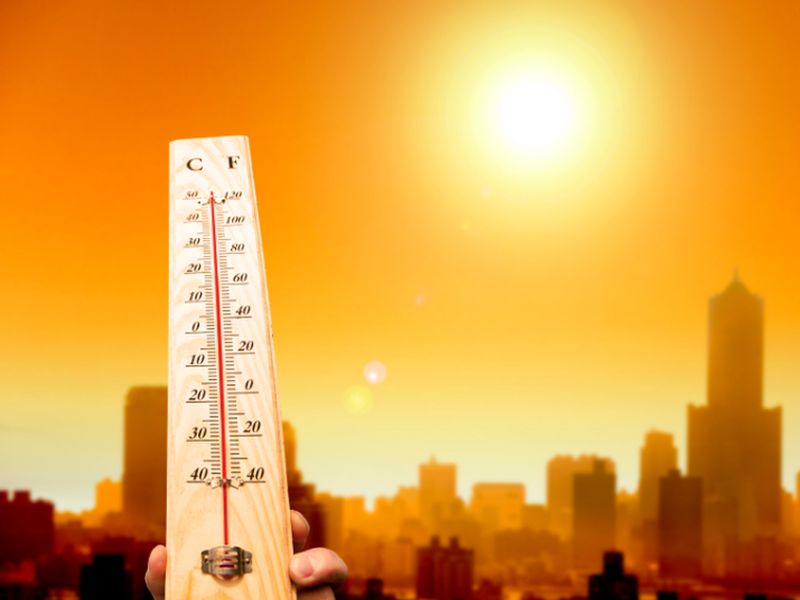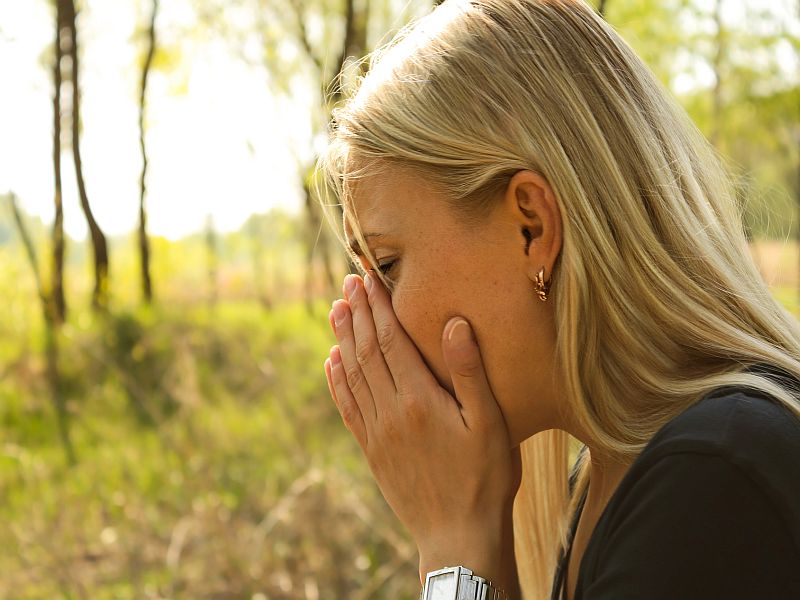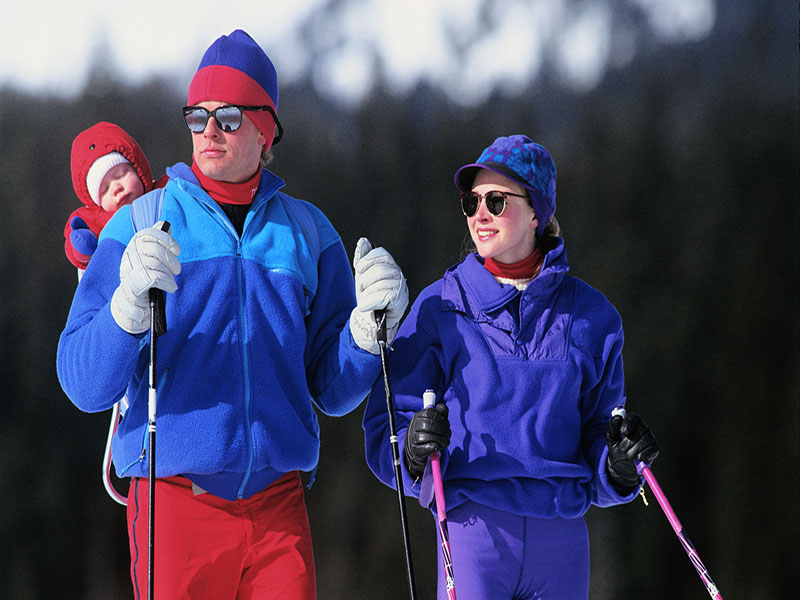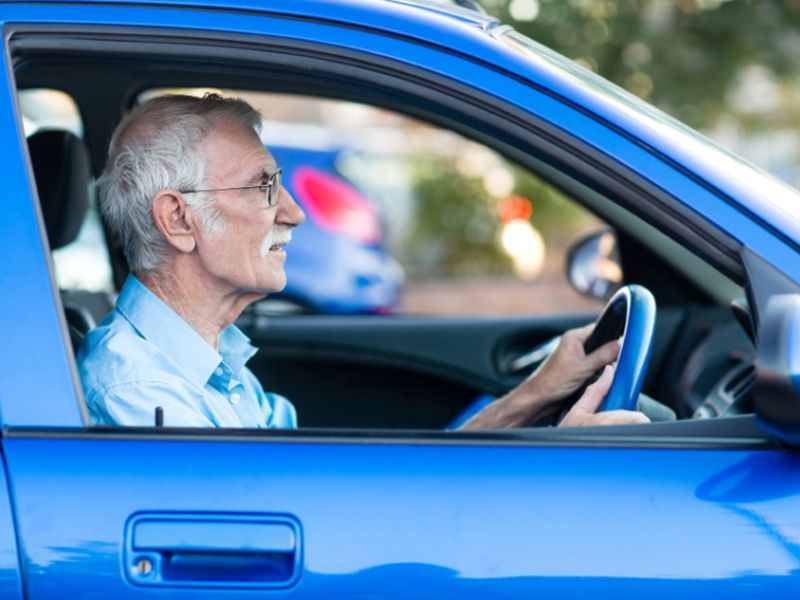
Even though they know it’s dangerous, many American drivers still talk on a cellphone or text while behind the wheel, a new survey finds. In fact, the number of drivers who say they talk regularly or fairly often on their cellphone while driving has actually risen 46 percent since 2013, the pollsters say. More than… read on >











